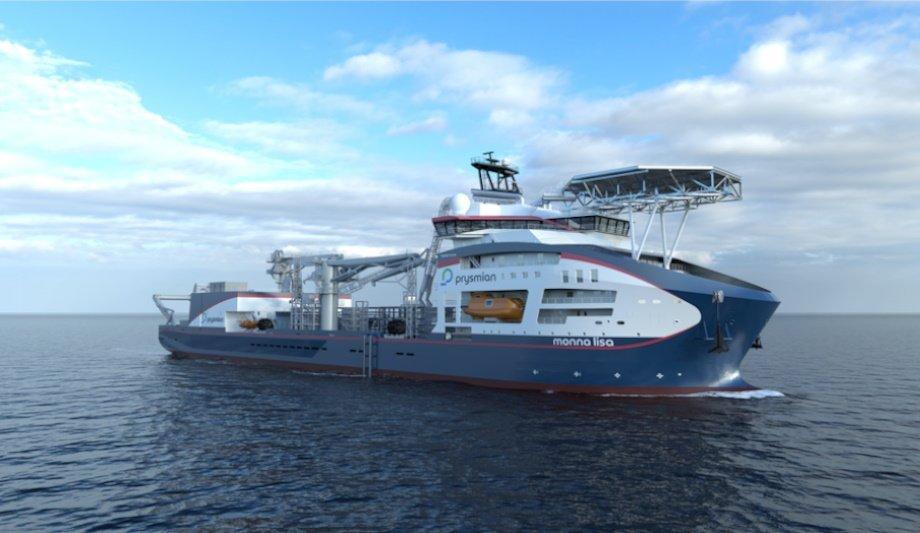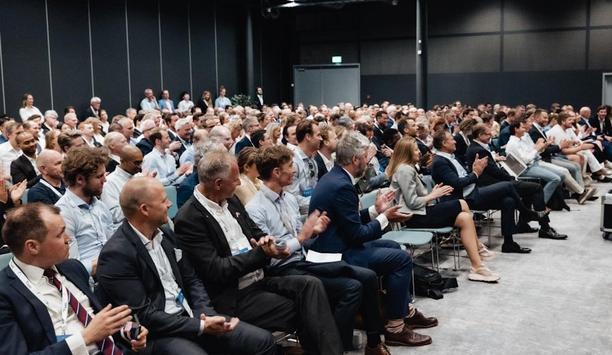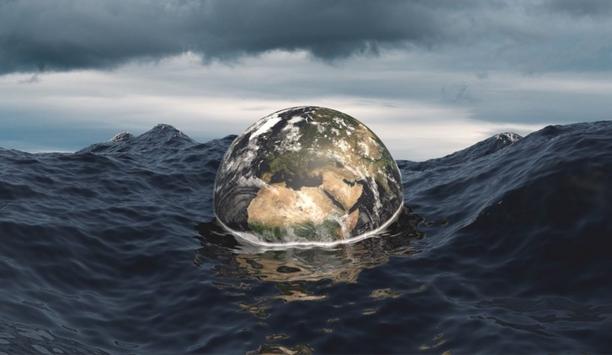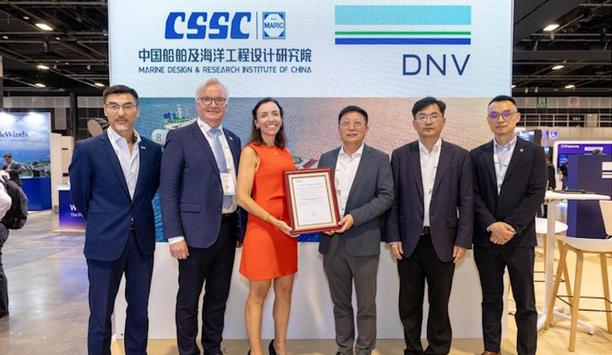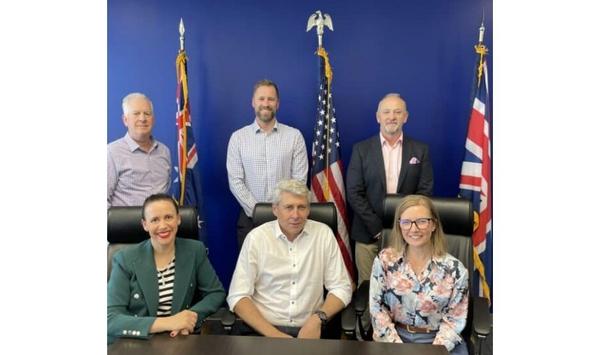International®, AkzoNobel’s marine coatings brand has announced that a new cable-laying vessel, the Monna Lisa, owned by Prysmian, is to be coated in the Intergard® 7500 primer and Intersmooth® 7465Si antifouling solution.
This decision is estimated to reduce the vessel’s carbon emissions (CO2) by 672 tonnes over the dry docking period and lower Volatile Organic Compounds (VOC) by more than 11 tonnes during construction. By utilising Intergard 7500, a high-solids universal primer solution, the shipyard can reduce VOC emissions during application and significantly decrease packaging by eliminating over 1,000 waste tins.
Cost savings for shipowners
Intergard 7500, an aluminium-containing pure epoxy yield, offers superior corrosion protection
Intergard 7500, an aluminium-containing pure epoxy product, offers superior corrosion protection and abrasion resistance, leading to significant maintenance cost savings for shipowners compared to other modified epoxy universal primers, especially when applied during new building.
Intersmooth 74765Si, the chosen fouling control solution, is a low friction self-polishing copolymer antifouling, which will keep a smooth clean hull in operation for the owner; minimising fuel consumption and associated CO2 emissions.
New carbon targets
Shipowners are facing increasing regulatory pressures to reduce lifecycle greenhouse gas emissions, with the International Maritime Organisation (IMO) announcing new carbon targets for the fleet last year.
International® and the owner reviewed different coating options and scenarios using the company’s Intertrac® Vision prediction tool to optimise and select the best scheme to deliver the optimal economic solution while maximising the sustainability benefits.
Sustainability commitments
Construction of the Monna Lisa is hoped to be ended and enter into service at the start of 2025
Prysmian states that the decision to choose both coatings for the vessel was to help meet its sustainability commitments during construction and operation.
The Monna Lisa will be the second new-build vessel owned by Prysmian that will be applied by coatings from International®, further reinforcing the partnership between the two companies and with the shipbuilder, Vard Group. Construction of the Monna Lisa is expected to be completed and enter into service at the beginning of 2025.
Decarbonisation goals
Primoz Pungartnik, Regional Commercial Director, Marine & Protective Coatings EMEA at AkzoNobel said: “As our customers continue to search for more sustainable solutions to help meet their decarbonisation goals, we are pleased to officially introduce our high-performing, universal primer, Intergard 7500 solution to the European market. This has a volume of solids of 80 percent and VOC of 298g/lt, which is 17 percent higher solids and 37 percent less VOC than the previously used primer."
“Now in the European market, the Monna Lisa will be the first of many vessels to choose Intergard 7500 as shipyards look to reduce their environmental footprint, while increasing overall shipyard productivity whilst ship owners look to reduce through-life maintenance costs. We are grateful to our partners at Prysmian and Vard Group for placing their continued trust in International® Marine Coatings.”
Setting new benchmarks
Leoni Davide, New Building Vessel Manager at Prysmian, said: “The selection of marine coatings is one of the several areas where the Monna Lisa is setting new benchmarks in terms of environmental footprint."
"Thanks for the good collaboration with AkzoNobel and Vard Group, we at Prysmian are proud to introduce Intergard 7500 to the European market with our Monna Lisa vessel.”
